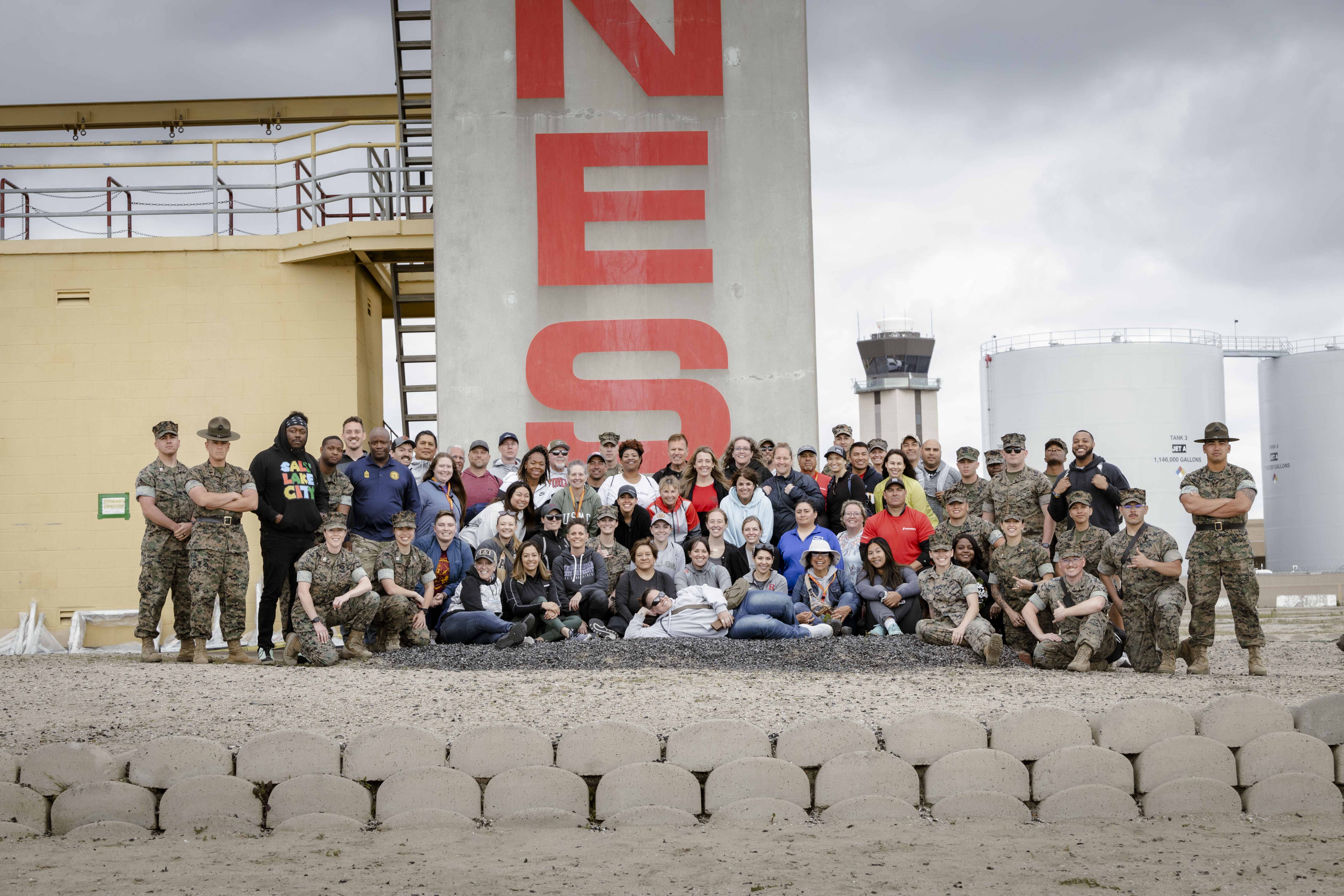Advancing Fairness in Special Education through Public Charter School Collaboration
By: Jennifer Ribordy
Last week, the Center for Learner Equity (CLE) convened national thought leaders in special education to address a critical question: “Why does our public education system accept the failure of students with disabilities?” Recent Civil Rights Data shared at the event revealed a stark reality: while around 85% of special education students are capable of meeting grade-level proficiency standards, only 30% of educators believe this to be true.
The event, “Move Together: A Call to Action to the Charter Ecosystem for Students with Disabilities,” sponsored by the Bill and Melinda Gates Foundation, brought together over 150 stakeholders from various sectors including authorizers, policymakers, school leaders, parents, students, and nonprofit organizations.
Discussions centered on pressing issues facing students with disabilities in public charter schools, offering solution-focused recommendations grounded in emerging research, barriers to access, high-leverage practices, and accountability measures essential for their success.
Bluum was invited to share Idaho’s Charter Sector successes and challenges relative to students with disabilities because of the special education work we do with our public charter schools. While nationwide challenges persist, including significant funding disparities within and across states, collaborative efforts are crucial for finding solutions to common problems and identifying shared priorities.
Research-aligned promising practices were discussed in breakout sessions, such as the development of demonstration classrooms providing real-world learning opportunities for teachers. Notable successes were observed in charter communities where resources were pooled to enhance capacity and opportunity. Organizations leading with a commitment to quality and substantive expertise were found to achieve the most successful outcomes for students with disabilities.
The convening concluded with an agenda of action-focused next steps aligned with improvement recommendations for the charter ecosystem. It was universally agreed that we need to serve our special education students better and more thoughtfully. Consistent data metrics related to educational achievement and outcomes for students with disabilities need to be maintained and regularly discussed to ensure schools fulfill their obligation to all students.
The public charter school community must constantly strive to better serve its most vulnerable students. Both special education and public charter schools aim to address shortcomings in the public education system. To achieve this shared purpose, it’s important to strengthen collaboration between the two systems, rather than allowing them to operate independently. By doing so, we can genuinely and authentically improve outcomes for all students.



